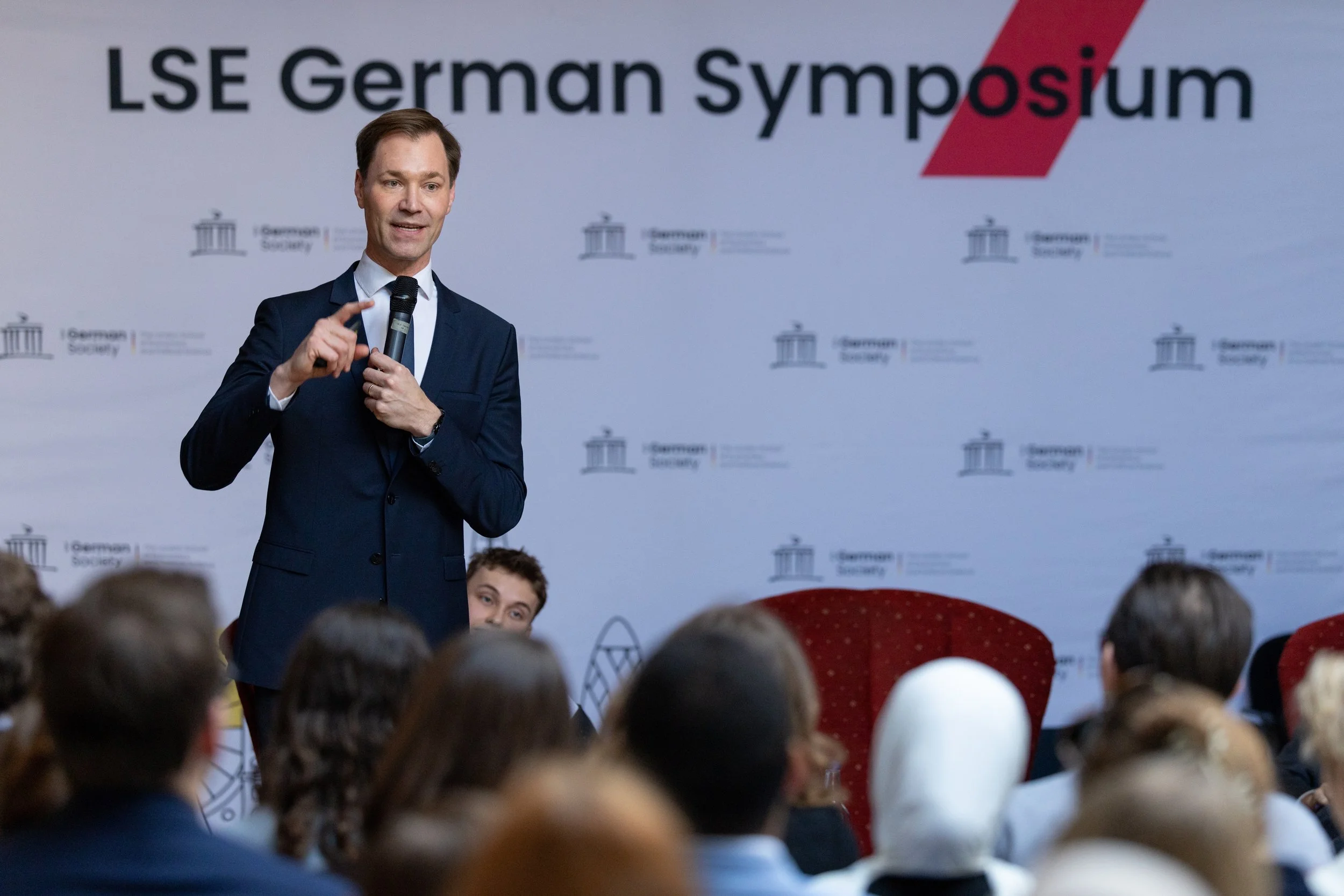Julius van de Laar is a political strategist and communications expert with strong campaigning experience. He has consulted politicians and political parties, non-governmental organizations and companies, developing strategies to achieve their goals: winning elections, advocating for issues, raising money, growing their membership and creating a movement.
During the 2008 and 2012 US Presidential elections, Julius van de Laar worked for Barack Obama's winning campaigns in nearly a dozen states. There, he focused on reaching voters and gaining supporters by combining conventional campaigning tactics with the latest new media strategies.
Since then, Julius van de Laar served as a senior strategist to Germany's Democratic Party, as well as candidates across Europe, providing advice on campaign strategy, messaging and digital media.
van de Laar is a frequent TV and radio analyst for current political events. He lectures at conferences and universities, gives workshops on campaigning and digital media and messaging and advises politicians and business leaders on strategic communication.
Julius van de Laar is a member of the “Atlantik Brücke” and “Capital” magazine selected him as one of the “Top 40 up-and-coming talents” in German politics.
CNBC Interview: “How did the German Chancellor perform in Washington?”
The Force Multiplication Effect: How AI will revolutionize how campaigns are run
The evolution of political communication, as outlined, showcases a remarkable journey of technological and strategic innovation that has dramatically reshaped electoral campaigns and voter engagement. Each electoral cycle from 2008 onwards brought forward a novel element, demonstrating a clear trend towards increasingly sophisticated and digital-first strategies.
2008: The Social Media Election
Barack Obama's campaign in 2008 was revolutionary in harnessing the power of social media, thereby creating a new paradigm in political communication. This approach enabled a direct and personal connection with the electorate, fostering a sense of community and engagement that was unprecedented at the time. The campaign's success in utilizing these platforms marked a significant shift towards the digital in political strategy.
2012: The Era of Big Data
By 2012, the focus shifted towards the utilization of big data analytics, allowing for microtargeting of voters. This meant that campaigns could tailor messages to individuals based on their preferences, behaviors, and demographics, significantly increasing the efficiency and effectiveness of political advertising. The Obama reelection campaign was notable for its sophisticated use of data analytics to secure victory.
2016: Misinformation and External Interference
The 2016 election cycle was marred by the widespread dissemination of misinformation and the impact of foreign interference, particularly through social media platforms. These elements introduced a new level of complexity and challenge to the integrity of electoral processes, raising concerns about the role of digital platforms in spreading fake news and influencing voter behavior.
2020: The Virtual Election
The COVID-19 pandemic necessitated a shift towards virtual campaigning, with the 2020 election becoming the first of its kind. This period saw an increased reliance on digital communications, virtual events, and social media engagement, as traditional in-person campaigning methods were largely unavailable.
Looking Ahead to 2024: The AI Revolution
As we approach the 2024 election cycle, artificial intelligence (AI) is poised to become a new force multiplier in political communication. AI technologies are expected to transform campaign strategies further by enhancing the creation and distribution of narratives, improving targeting and personalization, and potentially introducing novel forms of interaction between candidates and voters. The AI revolution could also bring about new challenges, particularly regarding the potential for generating sophisticated disinformation and deepfakes, raising ethical and regulatory concerns.
Julius van de Laar's insights into these developments are particularly valuable, given his extensive experience in political strategy and his firsthand observations of the impact of disinformation. His perspective on the future of political communication, especially in the context of AI's role, will be crucial for understanding the strategies that campaigns will adopt and the broader implications for democracy and societal discourse.
As AI technologies continue to advance, it's essential for political operatives, businesses, and society at large to navigate these changes thoughtfully and ethically. The potential for AI to enhance campaign strategies and voter engagement is significant, but so are the challenges related to privacy, misinformation, and the integrity of democratic processes. Addressing these challenges will require concerted efforts from policymakers, technology companies, and civil society to ensure that the benefits of AI in political communication are realized while minimizing potential harms.


